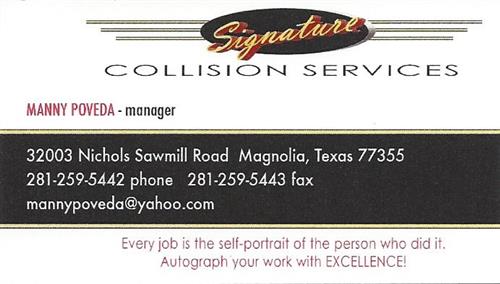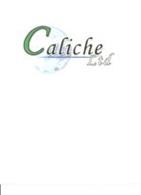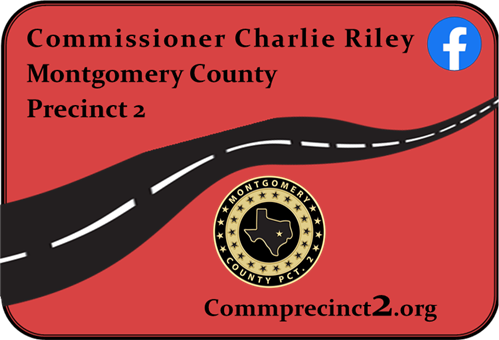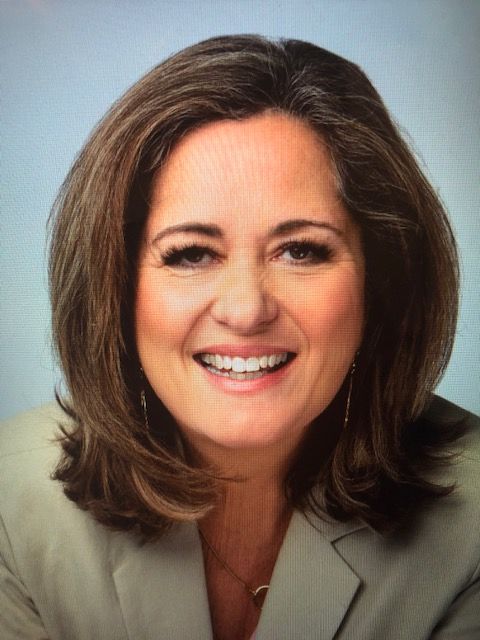
On January 26, 2021, Julie Cluff, an Author, Life Coach and Certified Grief Recovery Specialist spoke to the members of the Magnolia Rotary Club about "Hope". Pictured above is Julie Cluff.
Julie introduced herself and spoke about how she became an Author, Life Coach and Certified Grief Recovery Specialist. It happened in 2007 when she was taking her 6 children on an all day drive to their grand mother's house and her car went off the road and rolled over several times before coming to a stop in the middle of the road. Unfortunately, her two youngest children died as a result of the accident – her daughter Carrie was 10 and her son David was 8.
After Julie recovered from the accident, she worked with a therapist to overcome her PTSD – caused by driving the car that rolled over and changed her family's lives forever. She fought every day to get up in the morning and try to make sense of her new reality. One of the first things she learned was not to judge or let anything anyone said affect her which helped her move forward in relationships.
On her 3rd anniversary of the accident almost to the day, Julie told everyone that things changed. She started to feel more like she could cope. Her therapist proclaimed her DONE. However, she did not feel done. Yes, she was better but she didn’t know where to start to truly rebuild her life. She realized that she had already experienced the worst thing that could happen, which created a weird mix of fear and courage inside her. As a result, she began building new experiences and creating a new identity. It was a relief to her when her friends and family could finally perceive her as having moved beyond the tragedy.
In 2012, Julie said she had a profound experience that sent her on a search for even more answers and she determined that she was being directed to help others who had experienced an overwhelming loss in their lives. As a result, she worked to get to the place where she is today, helping others overcome their grief through coaching. It was because she finally understood that therapy looks back to work on diagnosed mental issues whereas coaching looks forward to inspire and create a life of goals and dreams.
Julie then provided everyone with the 1828 Webster Dictionary's definition of "Hope": Confidence in a future event; the highest degree of well-founded expectation of good. Julie then showed several examples of hope:
1. The teacher and the student:
- A teacher asked her students to draw a picture of "Hope".
- The teacher showed a picture of a hand drawn by one of the students.
- The teacher then asked the students to describe what the picture was about.
- The students gave examples of a policeman or fireman helping them.
- After class the teacher asked the student who drew the hand what it meant to them.
- The student said the hand represented the teacher who was always there to help the student.
2. The "Stranglers" versus the "Wranglers":
- At a college, there were two writing clubs that were formed for the purpose of helping each other become better writers.
- The men's club was called the "Stranglers" and the women's club was called the "Wranglers".
- The Stranglers members were very harsh on each other so as to provide accurate feedback so as to help each other become better writers.
- The Wranglers members were very encouraging of each other so as to help each other become better writers.
- After several years of the clubs being formed, the dean of the college decided to see how each club was doing.
- None of the "Stranglers" had amounted to anything as no books were published.
- The Wranglers were doing really well as several of its members had become well know authors.
3. The story about Hunter
- Hunter was a young 9 year old son of a policeman.
- One day while his mother was away and his father was taking a shower, Hunter went into their backyard.
- In the backyard, there was a police dog which the father had brought home.
- When Hunter went into the back yard, he somehow triggered the police dog who attacked him.
- Hunter's left leg was so mangled, that the doctors were unable to save it. It was removed just below his knee.
- Hunter like to swim and he asked the school coach if he could join the team. The coach, told Hunter to show him how well he could swim.
- The coach decided that Hunter could swim better than some of the other boys already on the team so he allowed him to join the school swim team.
- Because Hunters prosthetic foot could not get wet so he has to crawl to the edge of the pool but that did not stop him from competing.
Julie than provided the definition of a hero:
- A hero is an ordinary individual who finds the strength to persevere and endure in spite of overwhelming obstacles.
Julie then told everyone that to be a hero in your life and the life of others as you share "True Hope", we need to do the following:
- Create a clear vision of the desired outcome
- Feed that vision with true hope.
- Focus on what you can and cannot do.
Julie has also written a book called "Miracles in the Darkness" and she will send a signed copy to anyone for just $17.00. Her contact information is below:

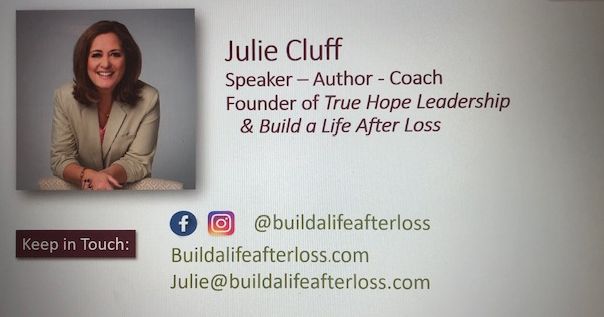
A photo of those in attendance can be seen below:



